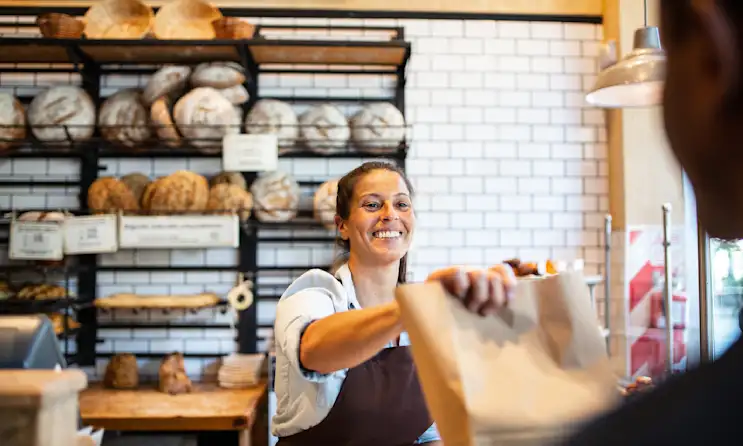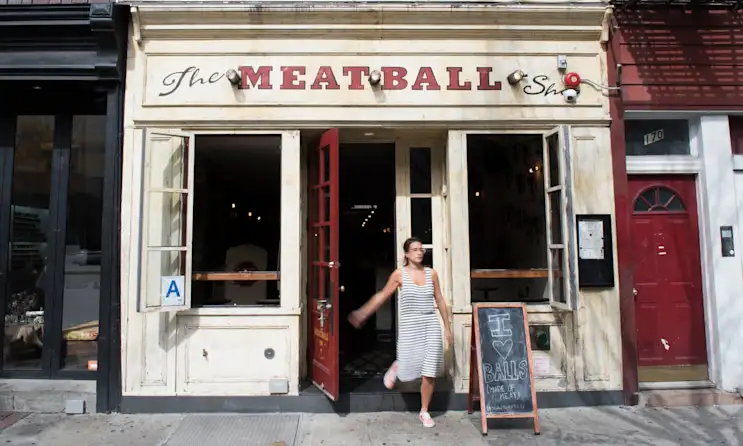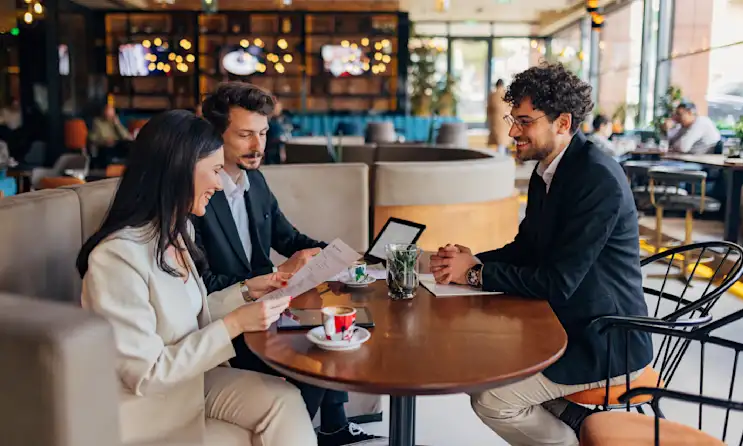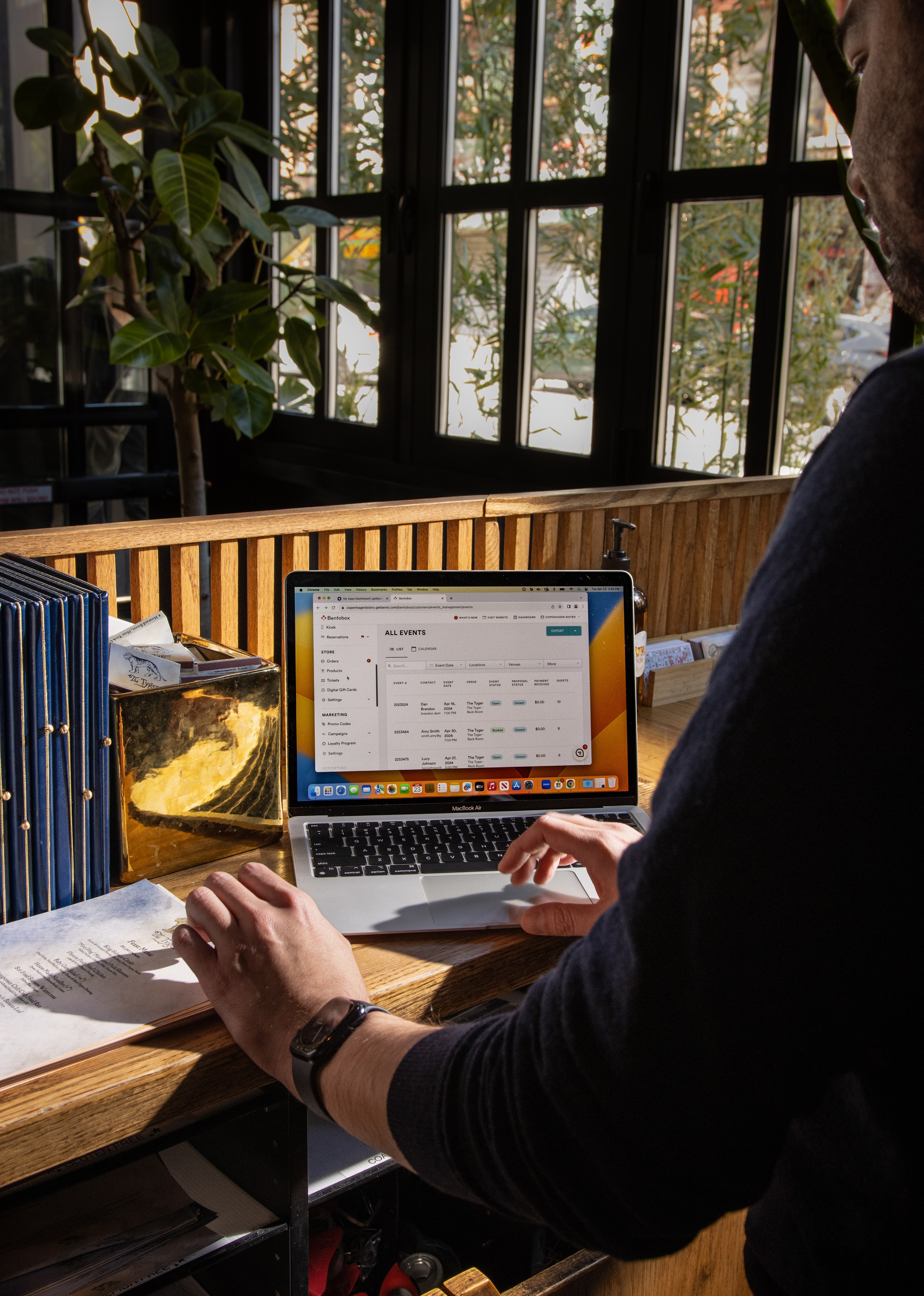New Openings
How to Get a Liquor License in Colorado
July 27, 2022
The Centennial State has one of the most straightforward processes for securing a liquor license. Here’s what you need to know.
Disclaimer: This information is not intended to be legal advice. Contact your attorney or state authority if you have questions about compliance. Last Updated: July 2022
Liquor laws are highly regulated across the country, and liquor licenses can be hard to come by. For restaurants, working closely with government agencies to follow rules and regulations is pivotal. After all, the goal is the same on both sides: safe consumption that supports the state’s economy.
In Colorado, the Liquor Enforcement Division within the Department of Revenue enforces liquor licensing and compliance. There are also city and county regulations in place.
Whether you need a liquor license in Denver or in Boulder, you start by getting approval from your local government and then move to the state level. Here’s your guide to managing an application experience with fewer headaches.
Types of Liquor Licenses
As a business that wants to legally serve alcohol, your first question might be, “what kind of liquor license do I need?” There are many types of liquor licenses, and understanding the right one for you is the first step.
Depending on what type of concept you’re creating, you may need a beer and wine license, a hotel and restaurant license or a tavern license. See page 4 of the Colorado Licensing Liquor Handbook for more details on Retail Liquor Licenses.
Here’s a list of all different liquor licenses available in Colorado:
Manufacturer's license
Limited winery license
Nonresident manufacturer's license
Importer's license
Malt liquor importer's license
Wholesaler's liquor license
Wholesaler's beer license
Retail liquor store license
Liquor-licensed drugstore license
Beer and wine license
Hotel and restaurant license
Tavern license
Brew pub license
Club license
Arts license
Racetrack license
Public transportation system license
Optional premises license
Retail gaming tavern license
Vintner's restaurant license
Wine packaging permit
Distillery pub license
Lodging and entertainment license
Manager's permit
Pages 37 through 72 of the Colorado Liquor code review the classes of licenses and permits to help you pick the one best for you. If you have questions about selecting the right kind of license, email DOR_LIQLICENSING@state.co.us.

RESOURCE
The Denver Restaurant Worker Report
Learn how Denver's restaurant workforce is growing and how to attract more workers.
How to Apply for a Liquor License in Colorado
Getting ready to submit your application for a liquor license is a big step. Congrats! Colorado’s process is relatively straightforward, which is refreshing in a space that is typically hard to navigate in other states.
1. Expect a background check
After you submit your request for a local liquor license, your city’s government will likely investigate the individuals listed on the application. They’ll dig into your criminal history, any past liquor license violations and tax payment history, so be prepared.
2. Download the Liquor Retail License Application
This six-page PDF includes a checklist of required documents. Gather these materials ahead of time to streamline the application. The documents include:
Applicant information (including state sales tax license number)
Diagram of premises (no larger than 8 1/2" X 11")
1+ year proof of property possession
Individual history records, financial information and fingerprints for each principal
How Much Does a Liquor License Cost in Colorado?
The kind of liquor license you need will determine the cost. The first fee to keep in mind is your application fee, which can be up to $1,000 for your local license and $1,100 for your state license. In the future, you’ll want to budget renewal costs, which are $100 for your local license and $50 for your state license.Beyond the application fee, there’s a cost for the license itself. The Liquor Enforcement Division Fee Schedule has a detailed table that you can use to determine expected costs.

RESOURCE
How to Open a Restaurant [Free Guide]
A step-by-step guide to planning, financing, staffing, stocking and marketing a new restaurant for its debut.
What to Do to Keep Your Liquor License
You’ve secured your local license, submitted your six-page application to the state, undergone a background check, paid all fees, and now you finally have everything all set. However, your work isn’t done. Now that you’ve gone through all of that hard work, here’s how to avoid losing your license.
1. Hire the right people
When you interview servers and bartenders, ask questions about how they would handle certain situations. Here are a few examples of what you can ask:
If you suspect a patron is underage and using a fake ID, what would you do?
How can you tell someone is intoxicated?
Tell me about a time you’ve had to refuse alcohol service.
Need help with your hiring? Download these 33 Job Description Templates.
2. Train all staff on responsible alcohol service
Serving a minor or a heavily intoxicated patron is an easy way to jeopardize your liquor license. With a highly trained staff, these things are less likely to happen. Arm your team with the knowledge they need through the ServSafe Alcohol program or TIPS (Training for Intervention Procedures).
3. De-escalate situations to prevent disorderly conduct
Keeping customers (and staff) safe is a top priority for restaurants. So what should you do when things get a little out of hand? Depending on how severe the scenario is, here are a few techniques you can try:
Offer water to the patron
Be an active listener and assess the room
Remain calm, but stay firm
Separate customers if needed
Sometimes the situation requires more drastic measures like refusing service, asking someone to leave or even calling the police. A staff that’s trained on responsible alcohol service will make it easier to make these decisions.
4. Remember to renew
Liquor licenses are valid for one year from the Colorado Liquor Enforcement Division’s date of approval. You must renew yearly and will receive a 90-day courtesy notice. Complete your renewal application and send in both the local and state fees no later than 45 days before your liquor license expires.Check with your local municipality to see if you need to submit your renewal materials to the City Clerk’s Office or directly to the state. In April 2020, the Colorado Liquor Enforcement Division launched an online payment portal that they’ve continued to use to support renewals.While payment can occur through the online portal, paperwork for the renewal must still be completed via email (dor_liqlicensing@state.co.us) or mail (see address below):1697 Cole Blvd., Suite 200Lakewood, CO 80401OR PO Box 17087Denver, CO 80217-0087
Additional Resources for Colorado Restaurants
Quick Links
Recommended

New Openings
How to Open a Bakery: The 6 Key Steps
June 20, 2023
A step-by-step guide to planning, financing, designing, staffing, and marketing a new bakery.

New Openings
How To Expand Into A Multi-Unit Concept
June 30, 2017
Advice from The Meatball Shop, Tacolicious and Next Door on growing your restaurant business

New Openings
How to Find Restaurant Investors
June 14, 2017
Here are some tips and tricks from pros who’ve done it themselves.

